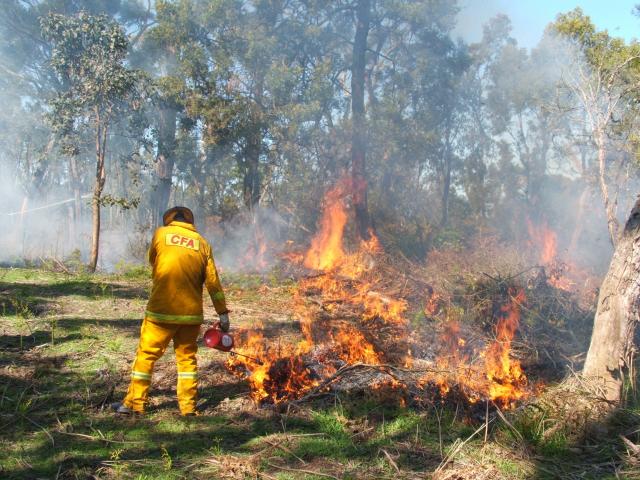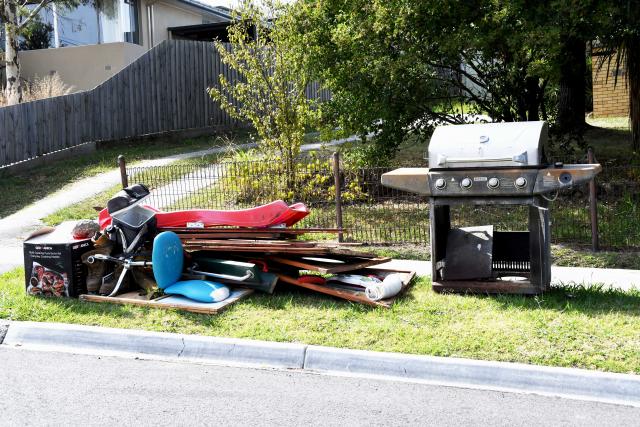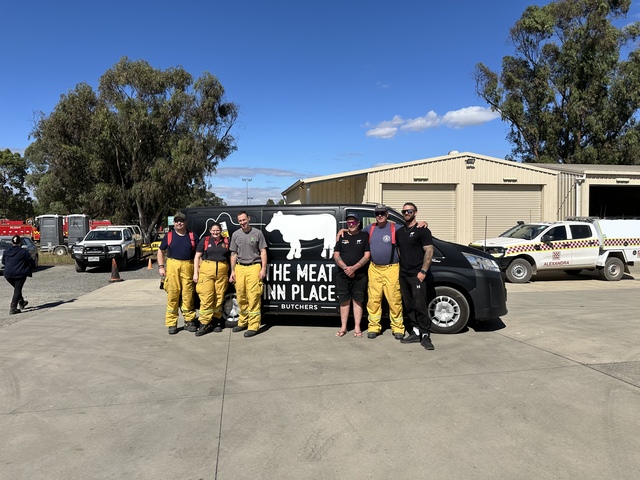With people using digital technology and accessing the online environment more than ever, the risk of exposure to scams has increased dramatically over the past few years.
Put simply, a scam is someone trying to trick people for their own personal gain. This includes direct financial gain, identity theft or infecting devices with malicious software. Scams can be very sophisticated and well-organised, and anyone can be a victim of a scam.
There are many different types of scams. Some examples include: requests to confirm details with a financial service provider, a text or email message with a link to track a package you might be expecting, or a phone call from the Australian Tax Office. Many scams are online through platforms such as email, online messaging and the internet, however they can also happen in person. For example, someone at the front door purporting to offer home maintenance services that require up-front payment could be a scam.
The good news is that there are ways we can protect ourselves from being scammed. It’s important to always question unexpected communications – even from people we know. Some scams replicate email addresses and phone numbers we are familiar with, so if something seems out of place, follow up with the person to check. If you receive a message on social media from someone you haven’t heard from for a while – ring them first to check in. This could include someone trying to “add” or “follow” you or a message saying “It’s been a while..”.
If you receive communication from a business, ask yourself is the person contacting you an official representative? If you are unsure, check with the company or authority by searching details online and calling their main number.
In the case of being offered something, ask yourself:
– Does the offer seem too good to be true?
– Why are they paying me so much for this job?
– Why is this so cheap?
– Have details regarding the owner/business and how to contact directly been provided?
Other things we can do to protect ourselves include: shred paperwork before disposing of it, ensure that passwords are hard to guess and change them regularly, regularly check bank and phone statements for unusual activity, set your social media privacy settings to the maximum, and use prepaid gift cards to help protect your information and prevent credit card theft.
If you think you are the victim of a scam, report it immediately to the appropriate authority such as the police, and update the relevant institutions. You can also report scams at ScamWatch (scamwatch.gov.au/report-a-scam).
Eastern Community Legal Centre has information and videos on common scams (including translated versions in community languages) on the website which you can access here: eclc.org.au/what-we-do/community-legal-education/scams/
If you or someone you know requires free legal help, please contact ECLC at 1300 32 52 00 or by email at eclc@eclc.org.au.
















